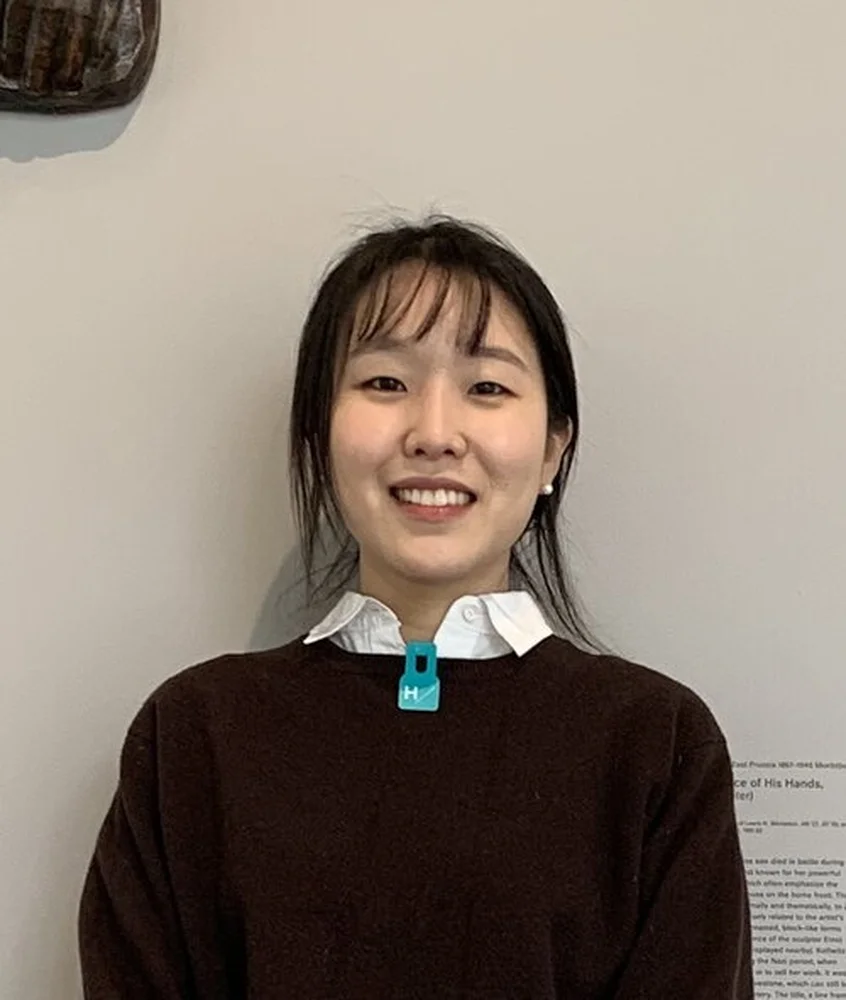
This fall, the Department of History is excited to welcome Anna Jungeun Lee to our faculty as an assistant professor. Her primary appointment is in the Department of East Asian Languages and Cultures, but she has a 25% appointment in the Department of History. Lee is a historian of Korean consumer culture, material history, and capitalism.
Previously, she was the Global Korean Studies Invited Professor at the College of International Studies at Korea University. She chose to come to the University of Illinois because of our strengths in Korean studies and because she was excited to have the opportunity to work on her book.
Tentatively titled, Buying into Consumption: Transnational Consumption in Developing Modern Korea, her book will examine South Korean consumer culture during the authoritarian government of the 1960s and 70s. Despite the government's emphasis on frugality during this period, there was a thriving black market in foreign and luxury goods. Peddlers would sell Japanese cosmetics to housewives or people would obtain goods from PX stores at US military bases. Examining the material culture of this period provides her with a unique vantage point to understand “how ordinary people live their everyday lives.”
She’s also written three articles on various facets of Korean capitalism and consumer culture from how views of money and wealth changed over time, to military and government views of consumption during the Cold War.
Her third article will be published in November in the Journal of Asian Studies. In “Rewarding Frugality: Ascetic Nationalism in Developing South Korea” she examines the “frugality awards” promoted by the government during the Park Chung Hee Period (1961-79) that encouraged citizens and bureaucrats to practice what she calls “ascetic nationalism.” Ordinary frugal activities such as turning off lights became a symbol of citizens’ dedication to the state’s vision of economic growth. She shows how ultimately, people began performing frugality just to collect the reward money, which compromised the state’s ascetic goals.
Lee was born in the US but has lived in both South Korea and the US throughout her life. Living in both countries gave her a unique perspective and sparked her interest in roots and history. She likes to question things people find to be common or natural. And she tries to also draw out the differences between US and Korean consumer culture in her work. Though both are capitalist countries, she said, each country approaches consumer culture very differently.
This fall she’s teaching HIST 325: History of Korea, and in the spring she will teach HIST 120: East Asian Civilizations, and her signature course on consumer culture in Korea and Japan.
Her favorite part of teaching is the fresh perspectives that undergraduate students bring to their interpretations of history.
“They’re really thinking out-of-the-box. You don't get it from graduate students as often, but for undergrad students, they're coming from a very fresh perspective and they're adding something really fresh into the class where trained thinkers in Korean history would just assume something. But then, college students would even question those assumptions, right? So it catches me sometimes, and I'm like, oh, yeah, I never thought of it in that way or in that perspective but you’re bringing this out in a brand new way. So it's a lot of fun.”